Why Does My Cat Drool? Understanding Your Pet’s Health
If you’ve noticed your cat drooling more than usual, it’s natural to feel concerned. It can be an adorably gross behavior that indicates happiness, but excessive drooling may indicate an underlying health issue. In this article, we’ll explore the potential causes of cat drooling, symptoms to watch for, and when it’s time to seek veterinary care.
Understanding Cat Drooling
Cats may drool for a variety of reasons, ranging from benign to serious medical concerns. Occasional drooling is normal, particularly if your cat is kneading or purring heavily. However, persistent or excessive drooling, especially if accompanied by other symptoms, could signal a problem requiring veterinary attention.
Common Causes of Excessive Drooling in Cats
1. Dental Issues
Dental problems are one of the most common causes of excessive drooling in cats. Conditions such as periodontal disease, gingivitis, or tooth abscesses can cause significant discomfort, leading to drooling. Symptoms of dental disease include:
- Bad breath (halitosis)
- Difficulty eating
- Pawing at the mouth
- Red or swollen gums
Regular dental check-ups are crucial to maintaining your cat’s oral health. Learn more about our services at our dental care page.
2. Oral Diseases
Other oral conditions, such as tumors, ulcers, or foreign objects lodged in the mouth, can also result in drooling. For example:
- Oral Injuries: A cut or puncture in the mouth may cause irritation and excessive saliva production.
- Foreign Bodies: Small objects like strings or bones can get stuck, causing drooling and discomfort.
These issues often require immediate veterinary intervention to diagnose and treat effectively.
3. Systemic Diseases
Certain systemic illnesses, such as kidney disease, liver disease, or diabetes, may also manifest as excessive drooling. For example:
- Kidney Disease: Can lead to ulcers in the mouth, causing discomfort and drooling.
- Toxins: May irritate the oral cavity, triggering saliva production.
If your cat has a pre-existing systemic condition, monitor for changes in drooling or other symptoms, and seek prompt veterinary care.
4. Nausea or Medication Side Effects
Nausea is a frequent cause of drooling in cats. It may be triggered by motion sickness, dietary issues, or gastrointestinal problems. Additionally, certain medications can have side effects that stimulate saliva production. If you suspect nausea or medication as the cause, consult with your veterinarian for guidance.
5. Happiness and Relaxation
When a cat feels safe and secure, such as during petting or cuddling, their body can release endorphins—hormones associated with pleasure and stress relief. This relaxed state sometimes leads to drooling- especially while purring. While not all cats drool when happy, for those that do, it’s usually a harmless quirk and a sign of their affection for you
Recognizing Symptoms Accompanying Drooling
It’s important to monitor your cat for symptoms that often accompany excessive drooling, including:
- Bad breath: May indicate dental or systemic issues.
- Loss of appetite: Could signal discomfort or illness.
- Pawing at the mouth or face: Suggests irritation or pain.
- Visible mouth injuries or discharge: Signs of trauma or infection.
These symptoms help identify the underlying cause and determine the urgency of treatment. If you notice any of these signs, schedule an appointment at Town & Country Animal Hospital.
Diagnostic and Treatment Options
At Town & Country Animal Hospital, we use a comprehensive approach to diagnose the cause of your cat’s drooling. Diagnostics may include:
- A thorough physical examination
- Blood work to check for systemic diseases
- Advanced imaging like ultrasounds
Treatment Options
- Dental Care: Cleaning, tooth extractions, or other treatments as needed.
- Medication: To address infections, inflammation, or nausea.
- Surgical Intervention: For tumors or foreign body removal.
Your cat’s recovery depends on timely diagnosis and tailored treatment, ensuring their comfort and well-being.
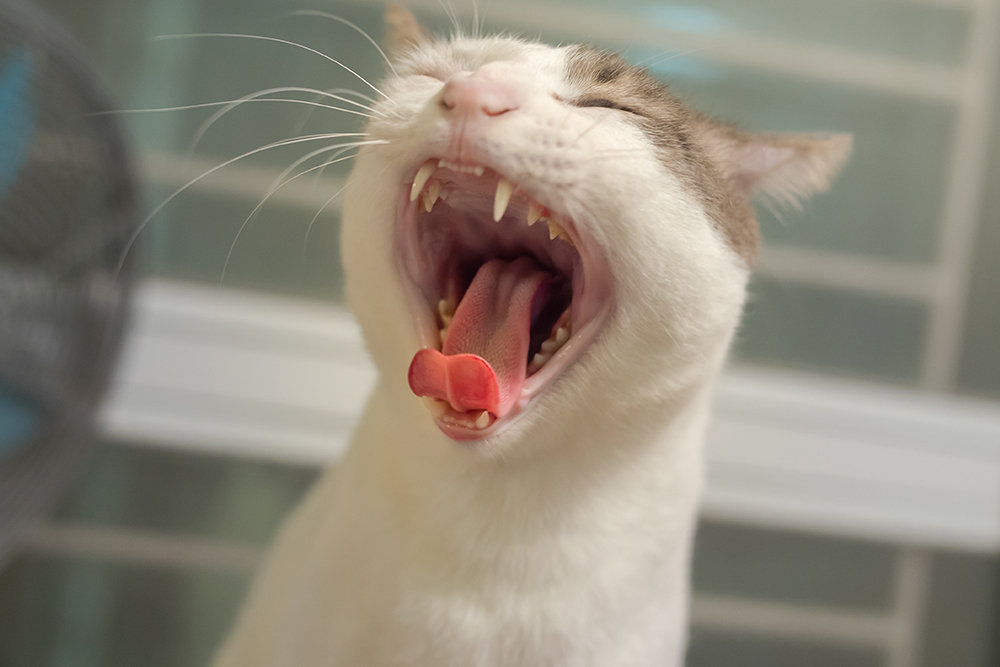
Prevention of Dental and Oral Health Issues
Preventative care is essential to maintaining your cat’s health and reducing the risk of drooling-related problems. Tips include:
- Regular Veterinary Check-Ups: Early detection is key.
- Routine Dental Care: Schedule professional cleanings and provide dental treats or toys.
- Safe Chewing and Toy Options: Avoid small or sharp objects that can injure your cat’s mouth.
Explore our wellness plans to learn how we can help keep your cat healthy at every life stage.
If your cat is drooling excessively or displaying additional symptoms, it’s important to seek professional care. Monitoring their behavior and understanding the potential causes can make a significant difference in their health. At Town & Country Animal Hospital, we’re here to provide expert guidance and compassionate care tailored to your pet’s needs.
Visit our contact page to schedule an appointment or learn more about how we can help your feline friend. Let’s work together to ensure your cat stays happy, healthy, and comfortable.


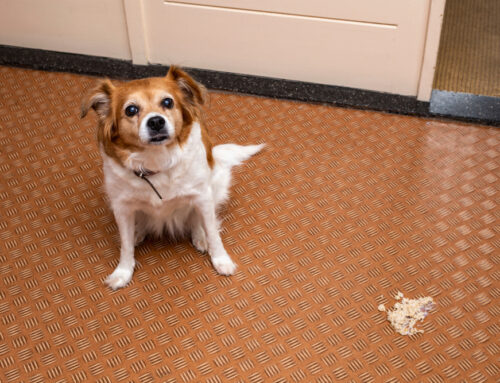
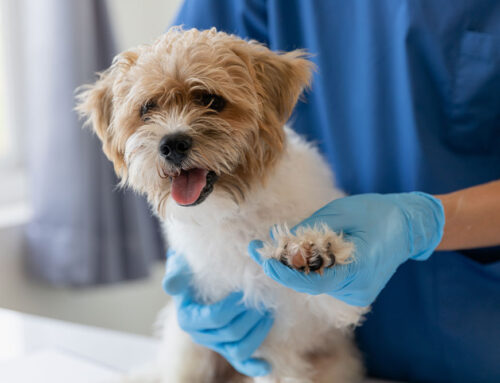
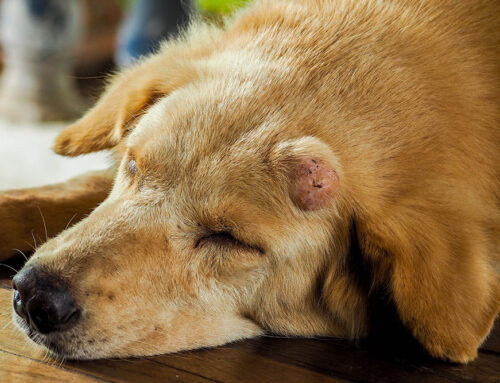
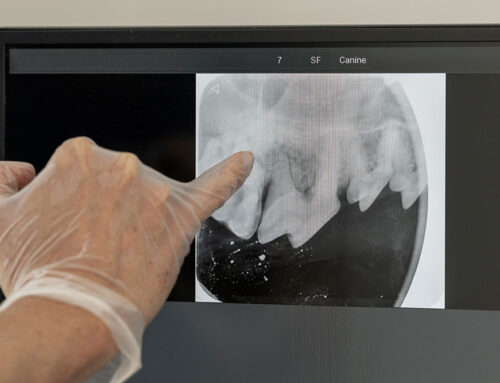

Leave A Comment